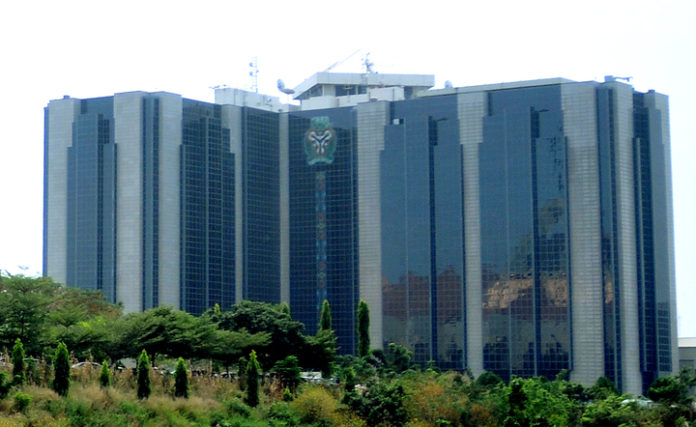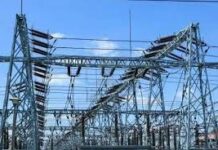
Aggregate Forex Inflows Fall to $9.63bn
Nigeria’s total foreign exchange inflows fell to $9.63bn in January 2025, down from $10.17bn in December 2024, according to the latest Economic Report released by the Central Bank of Nigeria (CBN) on April 17.
This marks a 5.31 per cent drop in total forex receipts, signalling growing pressures on Nigeria’s external sector. The CBN noted that the decline was driven mainly by a sharp reduction in inflows through official channels.
“Net foreign exchange inflow stood at $4.79bn, compared with $5.01bn in December 2024, indicating a 4.49 per cent decrease,” the CBN stated in the report.
The CBN’s share of total forex inflows fell significantly to $2.33bn, from $4.09bn the previous month. In contrast, autonomous sources—such as private investors, exporters, and remittances—rose to $7.31bn in January, up from $6.08bn in December.
Autonomous inflows are foreign exchange earnings from non-government sources. These include diaspora remittances, non-oil exports, and capital inflows from foreign investors.
A recent report by PwC warned that “Reduced remittance inflows from large-scale deportations of Nigerian workers in the U.S. could put pressure on household spending and Nigeria’s fiscal stability.”
Aggregate outflows also dropped to $4.84bn in January from $5.17bn in December. Of this, $3.80 billion was left through the CBN, a fall from $4.16bn in the prior month. Meanwhile, autonomous outflows—largely tied to private sector transactions—edged slightly up to $1.04bm from $1.01bn.
Read Also:
This led to a net outflow of $1.47bn through the CBN, a sharp contrast to the marginal $0.07bn net outflow recorded in December 2024. In comparison, autonomous sources posted a net inflow of $6.26bn, up from $5.07bn.
Despite the drop in inflows, the naira appreciated against the US dollar in January. The average exchange rate at the Nigerian Foreign Exchange Market (NFEM) strengthened by 1.16 per cent, settling at N1,535.94/USD.
By the end of January, the rate further improved to N1,478.22/USD—a 3.90 per cent gain from the N1,535.82/USD closing rate in December.
Market activity also increased. Foreign exchange turnover rose by 18.30 per cent, reaching $408.49m in January compared to $345.30m in December. The uptick suggests greater liquidity and investor confidence during the period.
However, Nigeria’s forex outlook remains fragile. PwC warns that foreign exchange inflows could drop sharply if the United States proceeds with policy changes under a potential second Trump administration.
These include mass deportations of Nigerian migrants, higher tariffs, the expiration of the African Growth and Opportunity Act (AGOA), and possible sanctions on oil imports.
“If AGOA benefits are not renewed, Nigeria could lose significant trade privileges,” PwC noted.
Diaspora remittances—one of the largest sources of Nigeria’s forex earnings—are especially vulnerable. Nigeria posted a $6.83bn balance of payments surplus on the back of $20.93bn in remittance inflows as of April. Any disruption could deepen poverty and hurt consumer spending.
PwC recommends that Nigerian policymakers proactively respond to global economic shifts. “Strategic engagement with global economic shifts will be vital for Nigeria to weather these challenges and seize new opportunities,” it said.
Renewing AGOA, securing new trade deals, and diversifying forex sources through non-oil exports and investment incentives could help stabilize inflows.







































